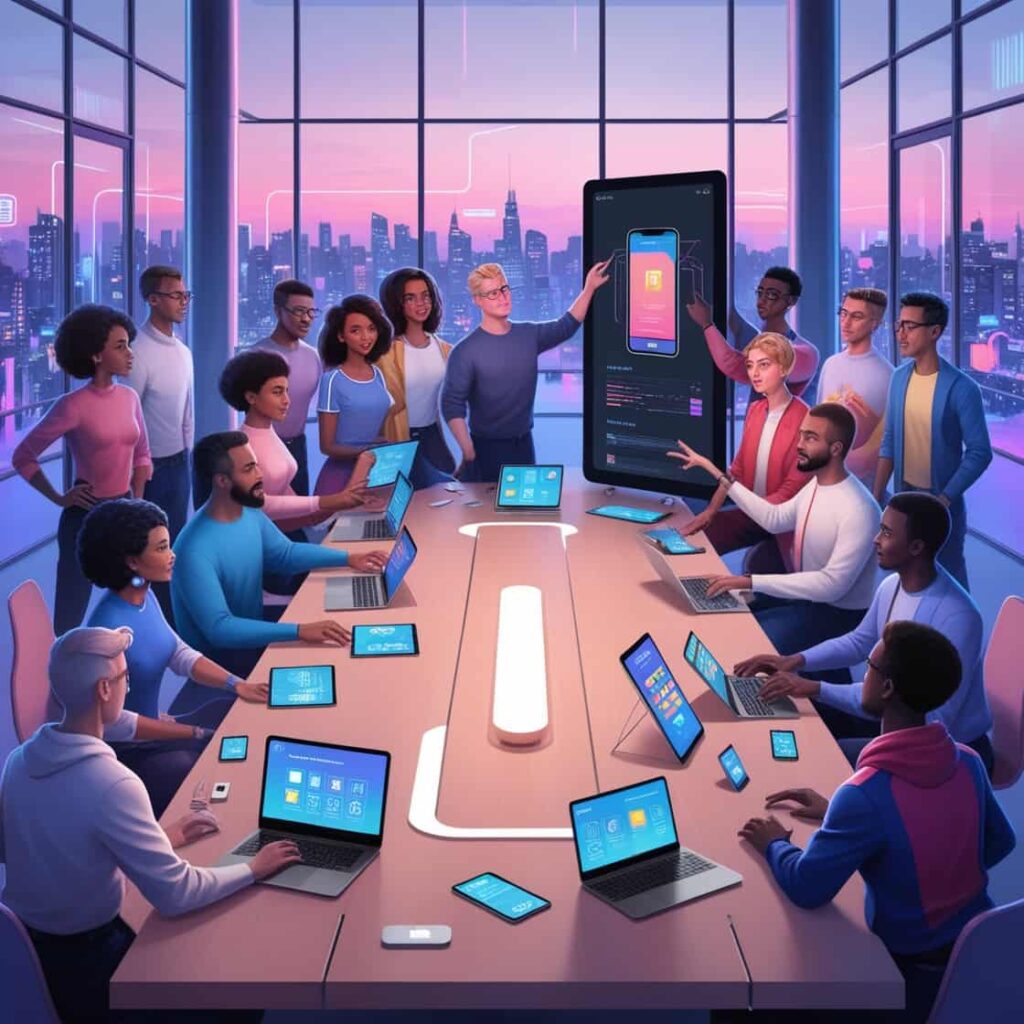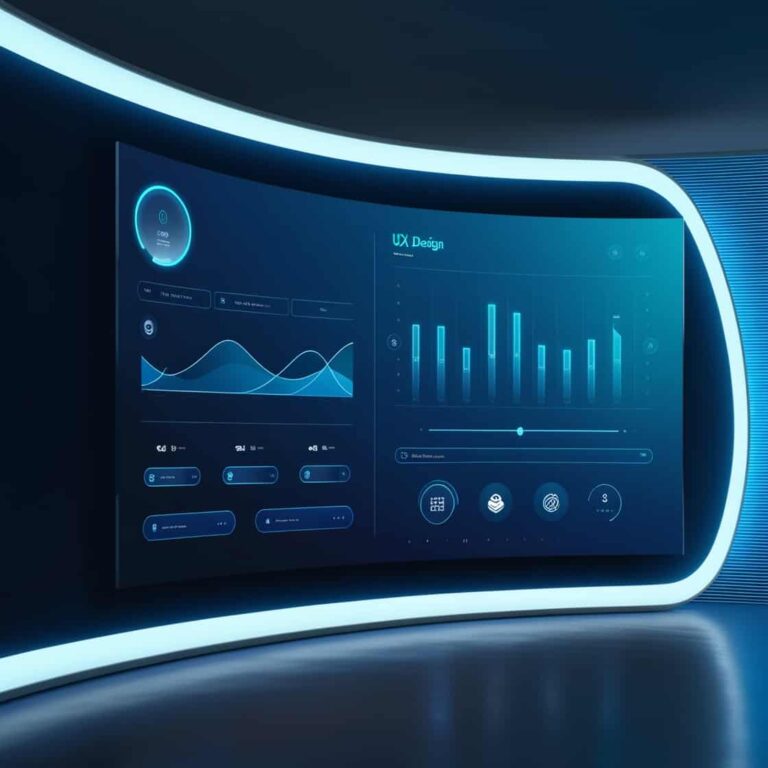Mobile app development is an ever-evolving field. It is shaped by new trends and technologies. We must understand the key trends and technologies driving innovation in this space. They will shape the future. Let’s explore some trends and technologies. They will redefine mobile app development’s future.
Mobile app development is shaped by ever-evolving trends and technologies. These innovations improve user experiences and open new possibilities for developers. This article will explore the latest trends and technologies. They are reshaping the future of mobile app development.
Progressive Web Apps (PWAs)
Progressive Web Apps (PWAs) mark a big change in how users interact with the web. PWAs use modern web tech to provide a native app-like experience. They support offline access, push notifications, and home screen installation.
Artificial Intelligence (AI)
AI is revolutionizing mobile app development. It allows apps to learn, adapt, and make smart decisions. AI apps are boosting user experiences in many areas. They use personalized recommendations and natural language processing.
Augmented Reality (AR)
Augmented Reality (AR) is blurring the lines between the digital and physical worlds. It offers immersive experiences on mobile devices. AR apps are using cutting-edge tech to create engaging, interactive experiences. They are doing this in gaming, retail, education, and healthcare.
Internet of Things (IoT)
The Internet of Things (IoT) is connecting devices and sensors to the internet. This lets them communicate and share data. In mobile app development, IoT enables smart, connected ecosystems. They improve efficiency and convenience.
5G Technology
5G technology will revolutionize mobile connectivity. It promises faster speeds and lower latency. 5G lets mobile apps deliver richer, real-time content. This was not possible before.
Voice Interface Integration
Voice interface integration is popular. More users are embracing voice-activated devices and virtual assistants. Mobile apps equipped with voice commands provide hands-free interaction and accessibility for users.
Blockchain Integration
Blockchain integration transforms mobile app development by boosting security and decentralization. Blockchain apps enable secure transactions and data management. They open new possibilities for finance, supply chains, and more.
Low-Code Development Platforms
Low-code platforms let businesses build apps with little coding. This speeds up development. With drag-and-drop interfaces, low-code platforms enable rapid prototyping and iteration of mobile apps.
Cross-Platform Development
Cross-platform frameworks let developers build apps for multiple platforms. Cross-platform tools speed up mobile app development by using shared codebases. They reduce time-to-market.
Cybersecurity
As mobile apps become part of daily life, cybersecurity is vital to protect user data and privacy. App developers are using strong security to guard against cyber threats.
Personalization
Personalization is key to engaging users and delivering tailored experiences. Mobile apps can use data analytics and user feedback. This can personalize content and recommendations to each user’s needs.
Edge Computing
Edge computing moves computation closer to data sources. This reduces latency and boosts performance. Mobile apps leveraging edge computing can deliver real-time processing and enhanced user experiences.
Cloud Integration
Cloud integration lets mobile apps use cloud providers’ scalable infrastructure and services. Cloud computing lets apps be more flexible and scalable.
Conclusion
The future of mobile app development is bright. New trends and technologies will change how we interact with our devices. By staying ahead of these innovations, developers can create mobile apps. They will be secure, immersive, and personalized. They must also be functional. These apps must cater to users’ evolving needs.







